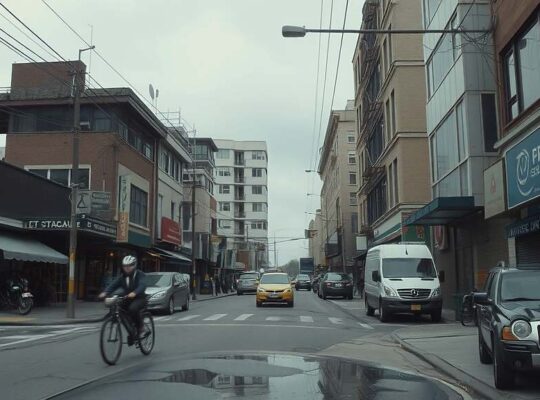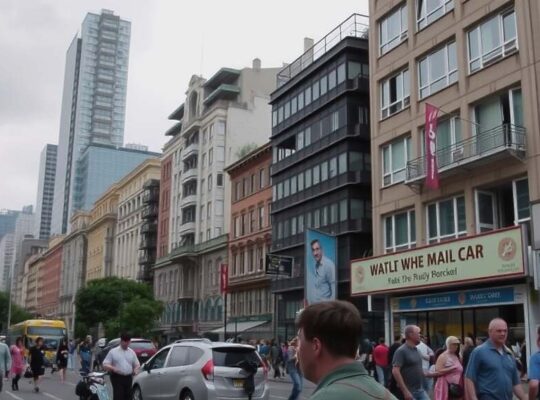Brandenburg’s Minister-President Dietmar Woidke has downplayed warnings from business leaders regarding the potential negative economic impacts of the recently reinstated border controls with Poland.
Speaking to the Handelsblatt, Woidke stated that, as of now, no substantial economic damage has been observed, cautioning against exaggerating potential consequences. He underscored the importance of border controls as a crucial tool for limiting irregular migration, a phenomenon he believes needs to be contained to prevent further disruption to social and political stability within Germany. Woidke highlighted concerns that unchecked migration had endangered the country’s social cohesion.
However, the Minister-President also conceded the need to mitigate the effects of the border checks on the border regions, local residents and businesses. He specifically called for improvements to the infrastructure leading towards the Polish border, suggesting the Autobahn GmbH des Bundes (Federal Autobahn Authority) should consider adding an additional lane. The aim, he emphasized, should be to organize controls in a manner that minimizes disruption to traffic flow. Furthermore, Woidke proposed the implementation of a pass system for commuters, mirroring a successful measure previously utilized during the COVID-19 pandemic.
Acknowledging shortcomings in past German migration policy, Woidke stated that the previous approach of open borders had generated considerable public discontent. He noted that the scale of the challenges had not been fully appreciated, leading to repercussions for societal harmony.












